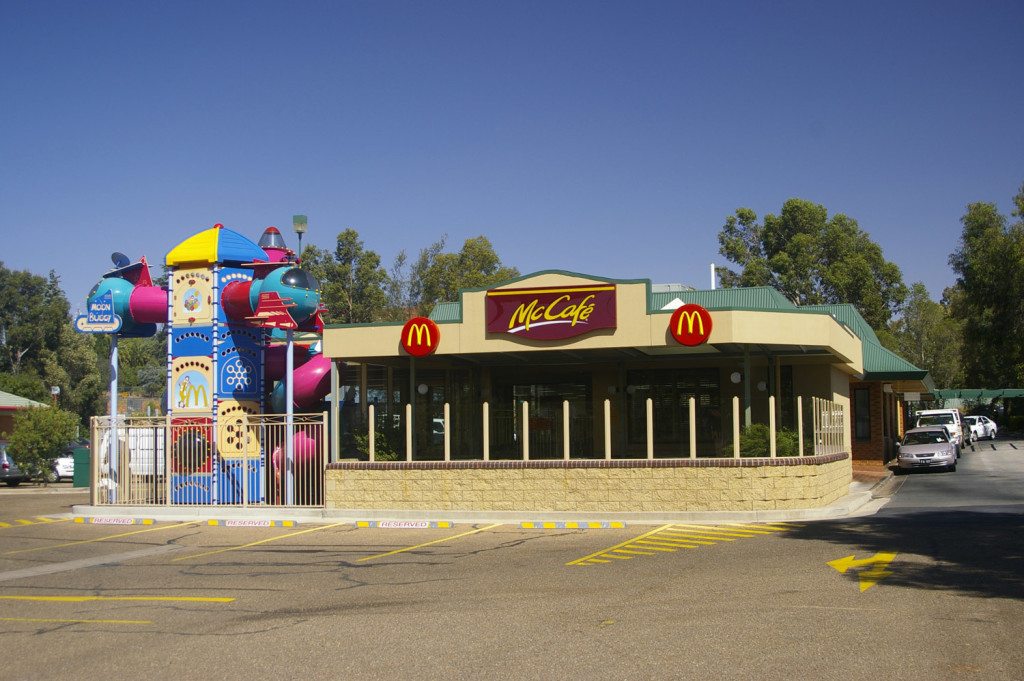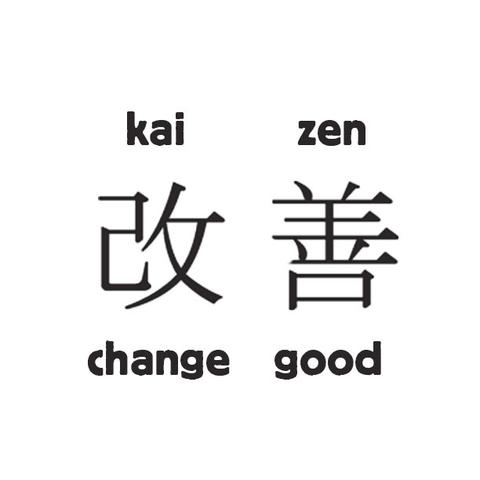In a disrupted age where we don’t know which jobs will exist in the future, and young people can expect to have 19 jobs across 5 industries in their lifetimes*, how do you plan your career? How do you know which education / training course to choose? How do you know that the choices you are making are the right ones?
When I present about the future of the world of work and careers, these are by far the most common questions I receive from audiences. There is a great deal of anxiety out there about employability and the future of careers, particularly given that course fees are higher than ever, and it can now take 4-5 years for university graduates in some fields to find career roles.
In this post, I’m going to share a simple process for individual 21st century career development. It is based in design thinking approaches, and also has resonance in lean enterprise methodologies, and anyone can do it.
The starting place is this:
People often approach career development like they are opening a McDonalds franchise.
There are more than 37,000 McDonalds restaurants worldwide. Each new franchisee is pretty certain that they will have many customers and turn a reasonable profit, because within reason there are known outcomes. The whole idea of franchising is that if you pay the money and follow the formula, you’ll be successful**.

People can often approach career development in exactly the same way. They think about what career success or a desired role might entail for them, and then they attempt to follow a formula to reach it (‘study hard in school, get into teaching at university, study hard at university, finish my degree, become a registered teacher, apply for a job at x school…’ etc).
This approach doesn’t work for a few reasons. The first is that the desired end will almost definitely change, as we learn more about ourselves and the world of work, as we go through our lives, and as the opportunities out there change. The desired end may not even be what we thought it was in the first place (‘I thought I wanted to be a teacher, but now I realise teaching isn’t anything like what I thought’). In actuality, about 6% of adults end up doing what they thought they were going to do career-wise when they were young (Polavieja & Platt, 2014). The second is that lock-step or formulaic approaches and strategies often don’t work either, and can mean you miss out on opportunities***. Careers are never linear — even very successful people (actually, especially very successful people) stumble across opportunities and end up in unanticipated places.
So how should you approach career development?
My answer, based on research with people who are satisfied with their careers (and happily it turns out that most of us are), is kaizen.

The english translation of kaizen is ‘change good’, and it means continual improvement, in an emergent way. Software people might call it perpetual or continuous beta, and designers might call it ongoing prototyping. Here’s the process:
1. Seek to understand
yourself, and also the world of work.
The process is grounded in self-empathy — that is, gaining an understanding and appreciation of who we are as individuals. What is important to you in career? What are your strengths? Where and how do you want career to fit into your life? What interests you and inspires your curiosity?****
It is also grounded in exploration of the world of work. What are the opportunities out there? What skills and capabilities are required for different roles? Do the opportunities fit with your values and priorities?
Understanding happens through exploration (e.g., talking to employers, career consultants, parents, friends; directly experiencing work and workplaces) and reflection. For those feeling a bit paralysed by indecision, a quick tip: Your understanding doesn’t have to be anywhere near perfect to go on to the next step, and your understanding will increase as you take action.
2. Make a (small)(provisional) decision.
This decision is about what you’d like to try next. The beauty of it is that there is no ‘wrong’ answer – the decision is provisional, and simply guides the action you’ll be taking next. Because the decision is a small and provisional one, it’s relatively easy psychologically to redirect and explore something else. If you discover through subsequent experience that it’s not a great fit, that’s OK; it all adds to your experience and will enrich what comes next.

3. Take action!
Try something. Take the first small step on the basis of your small provisional decision. Enroll in the course, find a business mentor, apply for the role, sign up for the internship.
4. Test – adapt
Once you’ve started to take action, it’s time to test and adapt.
Do you feel as though you could be on the right track? If so, keep going! If not, you might need to revise your small provisional decision and shift course (accountancy doesnt seem like a good fit anymore?), or maybe shift your approach (not the right mentor? Not the right degree program?). In so doing, you might need to increase your understanding through exploring options, making other small provisional decisions, or trying other actions. You could also decide to persevere for the moment to increase your understanding of the current path.
5. Keep going
The most important part of the kaizen career process is that you keep going. Every decision is small and provisional, every action step is small, and testing and adaptation is happening all the time. It’s an ongoing process of enquiry and growth. We’ll never be ‘finished’, and that’s actually really exciting because we all get to keep exploring******.
———–
Footnotes
*according to the Foundation for Young Australians (2016). As one young person put it at an event I attended recently, “they say we’ll have about 200 jobs across 50 careers – I don’t know how they predict the exact number, or if it even matters. However you think about it, it’s a lot of change all of the time”.
**The irony of this is that even opening a McDonalds franchise is no longer like opening a McDonalds franchise — they no longer have the market dominance they once did, and are changing business models and products to accommodate a market that has different needs.
***don’t get me wrong, I’m not saying that choosing an appropriate degree and studying hard aren’t good ways to progress your career – I’m saying that thinking about these decisions and being open to additional opportunities and possibilities is also important.
****following curiosity and interest seem to be better predictors of career satisfaction than following ‘passion’. Elements of intrinsic motivation are important for career satisfaction, but passion puts a lot of needless pressure on people, limits their options, and feeds into the ‘McDonalds franchise’ idea by asking us to overcommit. What if you don’t feel passionate about any career options? What if you are passionate about several at once? What if you feel passionate about a career option now, but know from experience that you’ll have another passion next week? What if your passion doesn’t match up with the opportunities on offer?
In actuality, passion for elements of one’s career often happens after quite a lot of career experience.
******checking my privilege here — I am aware that there are many, many people for whom work is acutely about survival, and managing significant financial/food/housing insecurity in their lives.